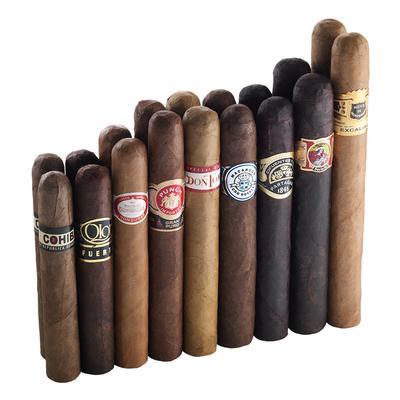A white elephant is a gift given to you that in actuality is more of a burden than a joy, but a gift that you cannot give back without fear of upsetting the gift-giver. Think an ugly jumper your grandmother knitted you that you have to wear when she visits.

The origin of the phrase dates back to 17th Century Siam, now known as modern day Thailand. Albino or white elephants are viewed as sacred within Thai culture and can be found adorning the walls of many religious sites and temples. Owning a White elephants was seen as something very honourable, but also a huge burden. Albino elephants require a special diet that can be costly for the owner and on top of that they were expected to allow citizens to worship the elephant, providing the means to do so. Supposedly the Thai king would punish those who annoyed him in some way by gifting them a white elephant. The recipient would not be able to reject the gift so as to not upset the king, but maintaining the elephant could in some cases financially ruin them.
Want to see this list in video format? Click here!
Too lazy to click the link? Here is the video for you to enjoy in all it’s glory!




